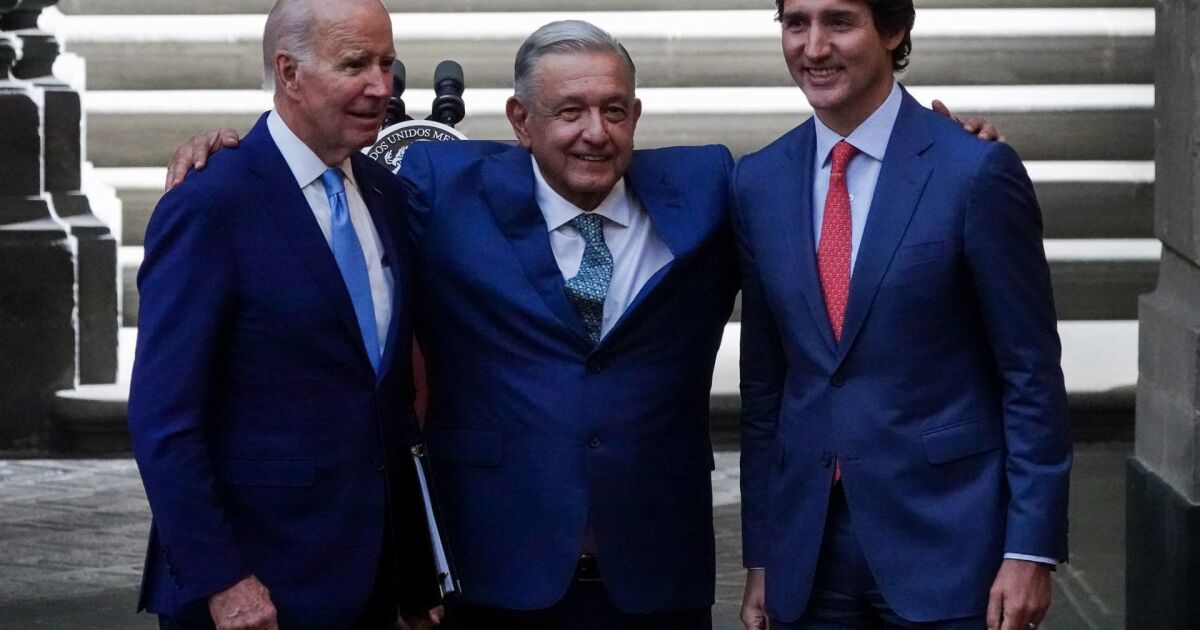“The direct election of judges represents a greater risk to the functioning of Mexico’s democracy,” warned Salazar.
And he went further: the reform threatens the historic trade relationship between Mexico and the United States, he said.
“I also believe that the debate over direct election of judges in this day and age, as well as the fierce politics if judicial elections in 2025 and 2027 were to be approved, threaten the historic trade relationship we have built, which depends on investor confidence in Mexico’s legal framework. Direct elections could also make it easier for cartels and other bad actors to take advantage of inexperienced judges with political motivations,” he warned.
He was not the only one. The Canadian government, through its ambassador Graeme Clark, expressed the concern of investors regarding possible changes to the judiciary.
“We are going to have some constitutional changes. As an ambassador, it is difficult for me to speak publicly about these issues, but what I can say is that my investors are concerned. They want stability, they want a judicial system that works if there are problems,” he said.
Judicial reform puts the USMCA at risk
The United States and Canada are concerned about judicial reform, particularly because of the investments in Mexico.
Saúl Ramírez Arellano, an internationalist and political analyst, explains that the statements made by Mexico’s trading partners can be translated into the fact that they see Mexico as an unsafe country for investments, which can even put the Free Trade Agreement at risk.
“The message first of all is that Mexico is an unsafe place to invest and that they better opt for some other destination. Secondly, let us remember that the current T-MEC provides for evaluation times, assessment times, and in a year and a half the first of them is due and it is very likely that if this type of reform is carried out, it could be contemplated, that Mexico leaves the trade bloc”he explains.
The review of the Free Trade Agreement will be the responsibility of Claudia Sheinbaum’s government, who has reported that she already has a team focused on it.
Verónica Ortiz, a lawyer, political analyst and former general director of the Mexican Council on International Affairs (Comexi), warned that the initiative to reform the Judicial Branch could even represent a “shot in the foot” in the diplomatic and commercial relations that the country has with its two main commercial partners: the United States and Canada.
“What I would do is forget about the judicial reform as it is proposed, forget about the reform that eliminates the autonomous constitutional bodies, because it directly violates the provisions of the T-MEC that speaks of having independent regulators and obviously autonomous and independent courts and not putting at risk what is going to unnecessarily complicate things for us,” he said during his participation in Expansión Live. “Kamala Harris, the new hope?,

















